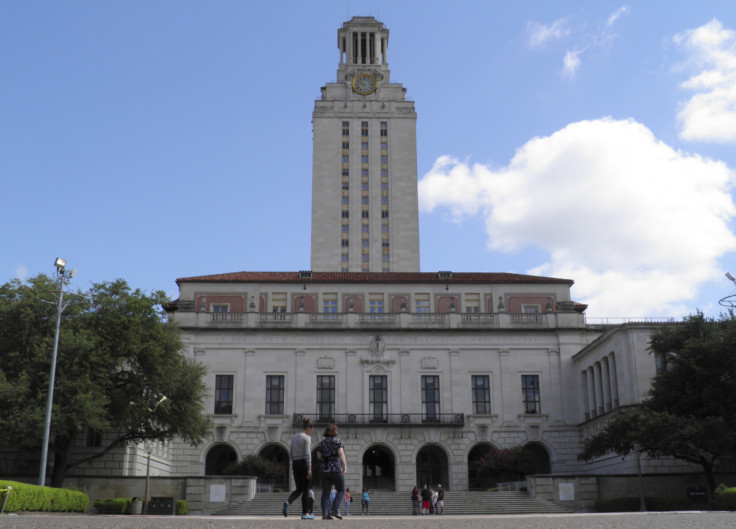
NEW YORK CITY - Diversity, Equity and Inclusion programs were once the guiding post for institutions of higher education to drive higher opportunities and fair access to minorities across the country. Since last year, however, such programs have come under scrutiny across the country. Now, Latino students are feeling the impact.
A 2023 Pew Research Center survey found that 52% of employed U.S. adults say they have DEI training or meetings at work, while 33% say they have a designated staff member who promotes DEI.
That's increasingly not the case. Since last year, a wave of criticism has impacted DEI programs, with detractors claiming they are discriminatory and attempt to solve racial discrimination by disadvantaging other groups, particularly White Americans.
81 anti-DEI bills that target these programs at colleges have been introduced in 28 states and in Congress, according to a tally by the Chronicle of Higher Education. Eight have been signed into law across different states.
Latino and Hispanic students are among the most affected by anti-DEI initiatives. In fact, such efforts come as Latinos' degree-earning numbers are failing to keep pace with that of white students.
The share of white Americans 25 and older with a bachelor's degree or more, 41.8%, was twice that of Hispanics, 20.9%, in 2022, according to the U.S. Census Bureau.
"Demographically, the nation is going in the other direction," Antonio Flores, president of the Hispanic Association of Colleges and Universities, told NBC News. "Maybe what is undergirding all of this is the unfounded fear that some of the folks who have been historically monopolizing the positions of power are fearful they are going to lose that. They need to make room for the populations that are emerging."
He adds that when it comes to DEI bans, the "elephant in the room is racism." Flores also believes that the elimination of programs and events such as the closing of the University of Texas at Austin's Multicultural Engagement Center or the Latinx Graduation are politically motivated and ideologically driven.
The closing of Multicultural Centers is not the only thing taking place as part of anti-DEI efforts, so is enrollment.
UT Austin, for instance, only enrolled enough Hispanic undergraduates to qualify as a Hispanic Serving Institution, or HSI, in 2021. To be an HSI, at least 25% of the full-time student population have to be Hispanic.
A university that qualifies as an HSI is eligible for additional federal money that is unaffected by state laws and is not confined to be spent only on Latino students. There are 571 HSIs in 28 states and Puerto Rico, and they enroll 62% of Latinos in college, NBC News reports.
In other parts of the country, the University of Tennessee in Knoxville renamed its DEI office because of the state's new anti-DEI law. Similarly, students and universities in Utah are bracing for the impact of their recently signed law.
Elsewhere, the University of Florida, announced last Friday it had eliminated DEI positions, closed the Office of Chief Diversity Officer and ended DEI-focused contracts with vendors.
Amid these developments, some Latino-focused organizations are scrambling to keep afloat.
For the past two spring semesters, Liany Serrano, a Latino Community Affairs leader, has organized the Latinx Leadership Institute, LLI, that brings in guest speakers from technology, politics, health care and other industries for networking and workshops.
"We provided ways for [Latino students] to meet people that could give them jobs after they graduate," she said, "but now we don't have funding to put on LLI. They're going to miss making those connections."
© 2025 Latin Times. All rights reserved. Do not reproduce without permission.





